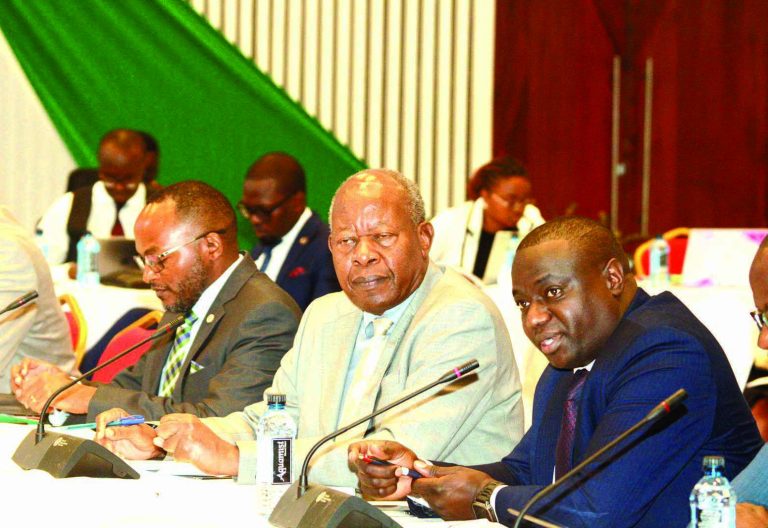State cautioned against scrapping VAT exemption on renewable energy equipment

The Institute of Certified Public Accountants of Kenya has cautioned the government against scrapping the Value Added Tax (VAT) exemptions granted to equipment used in the development and generation of renewable energy solutions.
In the coming Finance Bill- 2025/26, currently at the public participation stage, the government is seeking to delete the exemption from VAT on specialised equipment for the development and generation of solar and wind energy.
This includes photovoltaic modules, direct current charge controllers, direct current inverters and deep cycle batteries that use or store solar power.
The provision occurs upon recommendation to the Commissioner by the Cabinet Secretary responsible for matters relating to energy.
ICPAK Public Finance and Tax Committee member Erastus Kwaka argued that this would slow down the process and the efforts in helping attain its sustainability ambitions in tandem with discouraging investments in the field.
“The removal of the exemption will discourage investment in these areas, which contribute greatly to the country’s full transition towards renewable energy,” he said.
Kwaka was speaking during the public participation on the Finance Bill 2025/26 conducted by the National Assembly departmental Committee on Finance and National Planning in Nairobi.
According to the institute, the country has committed to a couple of carbon footprint reduction targets in line with the global move towards reducing global warming. Solar and wind energy are renewable sources of energy.
ICPAK director of Public Policy and Research, Hillary Onami, noted that most of the organisations and a significant number of households rely on the sources of renewable energy in their daily operations.
Businesses, even at the grassroots level and the remote areas where access to electricity still remains a significant challenge, rely on solar lanterns in their businesses and households.
In both urban and some parts of the rural settings, households use solar energy, particularly for heating purposes, as a way of minimising the cost of electricity.
Scrapping of the VAT exemptions will lead to a tax hike, limiting the ordinary citizen utilising the equipment in their businesses to operate optimally, while households incur more on the electricity supply.
Different industries in the country use solar energy for their production processes; thus, a hike in the price of the equipment used in the processes will result in higher expenditures.















